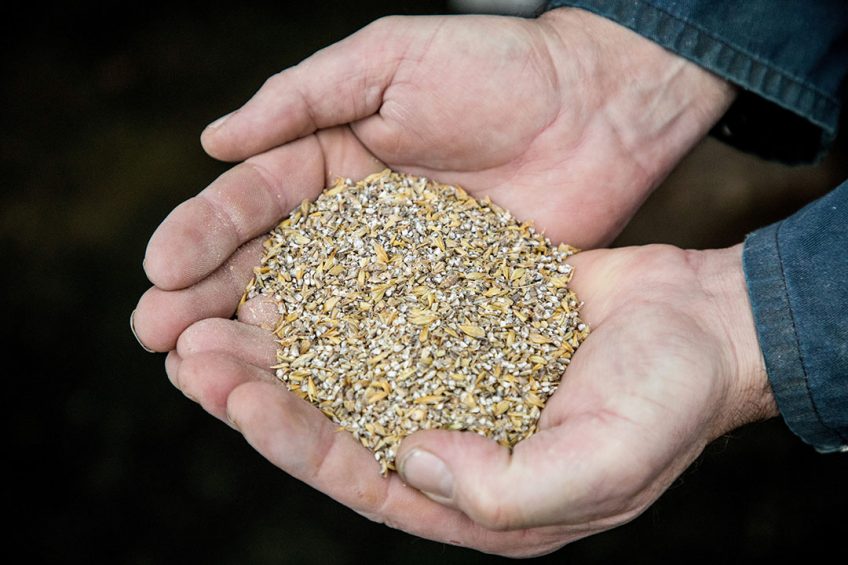Creating sustainable protein from carbon emissions

One of the UK’s leading academic research centres is involved in a £3m project that could transform food production systems.
Nottingham Trent University’s School of Animal Rural and Environmental Sciences is a partner in REACT-FIRST, the UK’s first scalable route to the sustainable generation of protein capturing the carbon dioxide from bio-energy generation.
The initiative is led by carbon recycling biotechnology company Deep Branch, which has pioneered a process that uses microbes to convert carbon dioxide from industrial emissions and turns them into a cost competitive single-cell protein, called Proton, for high-value, sustainable animal feed. It involves the first end-to-end, value-chain-wide consortium of 10 industry and academic partners, including AB Agri, the global agri-food business and leading producer of monogastric feed and supermarket giant Sainsbury’s.
Peter Rowe, CEO of Deep Branch, said Proton will be used in fish and poultry feed and represents a new way of generating more sustainable animal feeds. “The creation of the sustainable protein feed sources will contribute to reducing the environmental impact of meat production systems.”
 Webinar on demand: Sustainability and Welfare
Webinar on demand: Sustainability and Welfare
In this webinar 3 highly knowledgeable speakers shared their insights on Sustainability and Welfare and zoomed in on the core, how sustainability and welfare can go hand in hand in poultry production. View now!
Benchmarking nutritional quality for poultry
Experts from Nottingham Trent University’s Poultry Research Unit are tasked with investigating and benchmarking the nutritional quality of Proton as a poultry feed ingredient, advising on the processes to optimally prepare it for inclusion in the poultry feed and conducting poultry nutrition trials. Once the nutritional evaluation is complete, NTU will work with the feed companies within the consortium to produce Key Performance Indicators (KPIs) for improved protein ingredients profile based on commercial feed matrix data, which will be used to develop a report for the European Food Safety Authority to register the new feed materials.
Dr Emily Burton, Associate Professor in Sustainable Food Production at NTU, said: “The poultry sector has much to be proud of in terms of low carbon meat production, but REACT-FIRST could catapult the sector into a completely new league. “As well as providing access to a sustainable protein source, the project will help create stability for the animal production sector because feed represents about half of the total production costs for meat poultry,” she said.
 Sustainable Livestock Farming – special publication
Sustainable Livestock Farming – special publication
Achieving sustainability goals in livestock farming, needs to be a collaborative effort between policymakers, farmers and consumers. Measures taken now, act as an insurance policy for future generations, to ensure a safe and abundant food for the growing global population. View articles…
Share more info with consumers
Valerie Schuster, Strategy Director at AB Agri, added that the world was changing: “In the past, there has been a growing gap between the animal feed industry and end consumers, who nowadays want to know more about the meat and fish they are eating, where they come from and whether the animals they consume have been raised responsibly. In turn, the industry is obliged to share more information about the feed animals consume, where it comes from, and how we do more with less to meet the needs of a growing population, while preserving the planet.
“REACH-FIRST provides a way of doing exactly this: by growing single-cell protein using carbon dioxide emissions from industry, it creates a new, scalable and circular protein, which is the opportunity to help feed manufacturers and farmers and improve animal nutrition and wellbeing via a high quality ingredient that is consistent and can easily be traded back to its origins.” The project has been granted £3m funding from the Government’s Innovate UK scheme and will contribute to meeting the UK’s NetZero climate change commitment.













